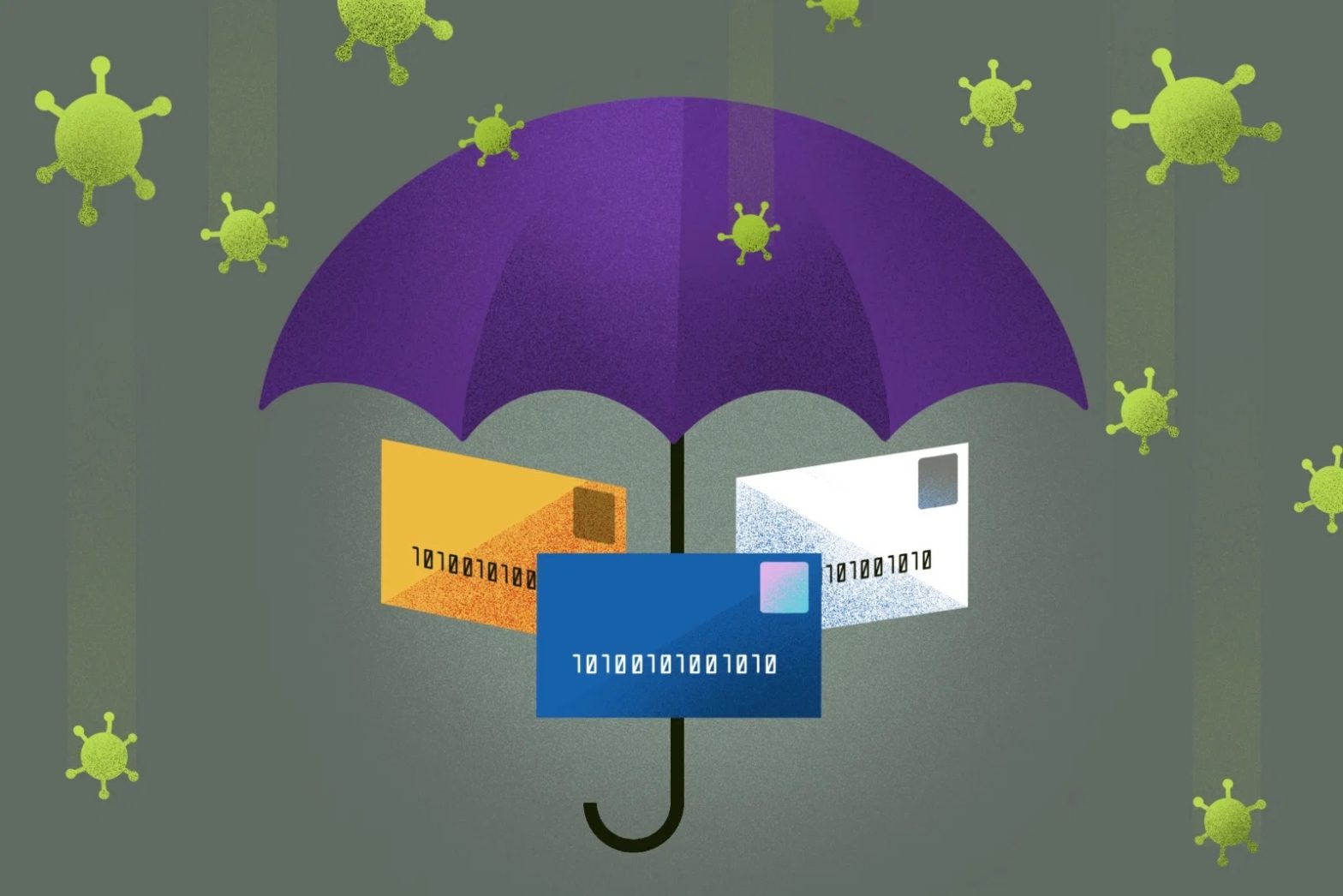DISCLAIMER: As the COVID-19 public health situation evolves, new regulations are being continually issued. This page/story/information may not include the most recent information.By WHSV newsroom | May 19, 2020 at 1:55 PM EDT – Updated May 19 at 3:30 PM
WASHINGTON (WHSV) — Many people are facing difficult financial times due to the effects of the COVID-19 pandemic.
To gauge the effect the situation may be having on their finances, many people may turn to credit reports.
In light of that, according to the Federal Trade Commission (FTC), all three national credit reporting agencies all offering weekly access to credit report monitoring for free.
Your credit report is a helpful tool to manage your financial data, with information about your credit history and the payment history that lenders, creditors, and other businesses rely on when deciding to offer you loans or credit.
Normally, though, accessing credit reports often will cost you. But right now, due to the coronavirus pandemic, everyone is eligible to get free, weekly credit reports from Equifax, Experian, and Transunion.
To get your free credit reports, the FTC says you can go to annualcreditreport.com.
Each of three national credit reporting agencies has said they’re making reports free for the next year.
If you’re one of the many Americans struggling to pay your bills right now because of COVID-19, the FTC offers these tips:
• Contact the companies you owe money to. Ask if they can postpone your payment, put you on a payment plan, or give you a temporary forbearance.• Check your credit report regularly to make sure it’s correct — especially any new payment arrangements or temporary forbearance. The recently passed CARES Act generally requires your creditors to report these accounts as current.• Fix any errors or mistakes that you spot on your credit report. Notify the credit reporting agencies directly. You can find out more by reading Disputing Errors on Credit Reports.• Find more advice and tips on handling the financial impact of the Coronavirus, and subscribe to the FTC’s Consumer Alerts.
You can find more advice on handling the financial impact of COVID-19 here.
Copyright 2020 WHSV. All rights reserved.
